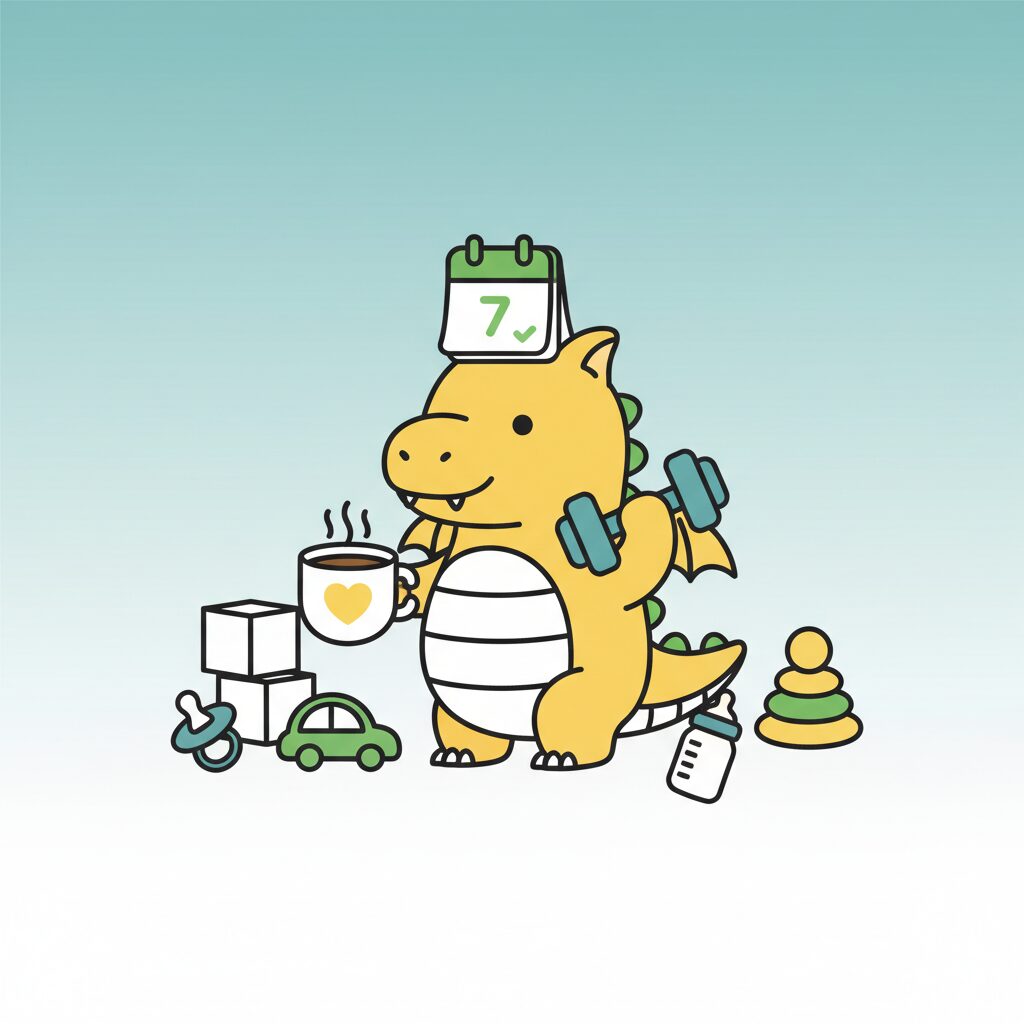
Most fitness apps shout the same thing: ‘Walk more! Sleep better!’ Helpful? Maybe. But they don’t know your kid’s birthday party left you wiped yesterday, or how that third cup of coffee barely masks the exhaustion of ‘just five more minutes’ of playground chasing. What if your app didn’t just track steps but understood you—suggesting a 15-minute stretch when your back aches from lifting tiny humans, or a protein boost after playground duty? Turns out, you don’t need a tech degree to build that. Just a pinch of curiosity and tools lying around your digital pockets.
Why Does Generic Fitness Advice Fail for Real Parents?
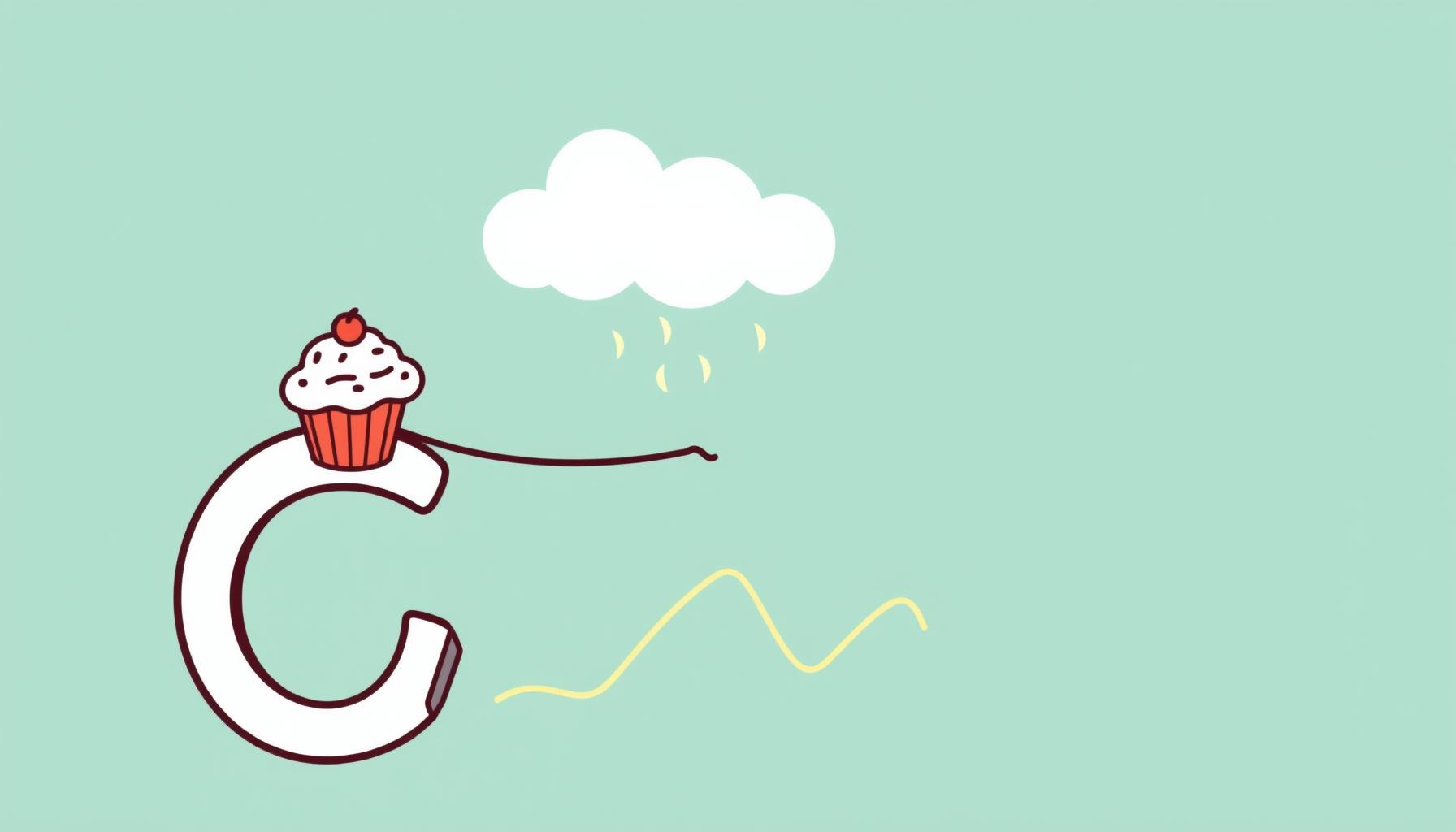
We’ve all been there—a fitness app chirping ‘10,000 steps!’ while you’re elbow-deep in playdough, crafting a dragon for your child’s dramatic reenactment of ‘how the playground slide was built.’ It’s not that the advice is bad; it’s that it’s utterly divorced from the beautiful mess of real family life.
Life happens in the margins: missed steps because you stayed up late soothing nightmares, extra calories from celebrating preschool wins with cupcakes. Today’s cutting-edge approach—pulling data from platforms like Strava and Garmin Connect—builds a dynamic picture of your health. Factors in how everyday moments—whether work deadlines or playground victories—impact your recovery needs, then whispers tailored suggestions like swapping screen time for foam rolling during bedtime stories.
How Can You Build a Smart Sidekick Without Coding?
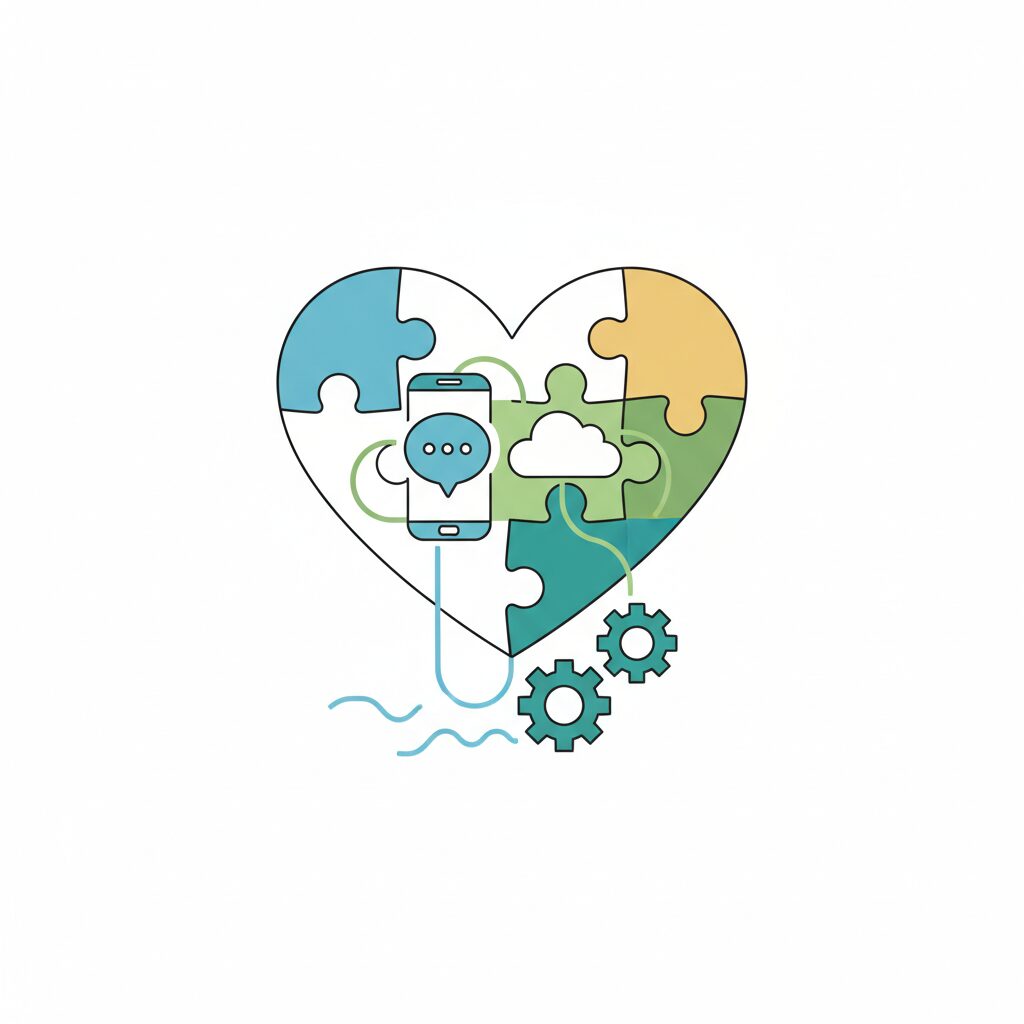
Forget Silicon Valley myths—this isn’t rocket science. Tools like Zapier act as your digital glue, connecting apps you already own without writing code. Picture Replit as your quiet kitchen sous-chef: it takes raw ingredients (your sleep data, workout logs, heart rate whispers) and turns them into practical nudges delivered straight to WhatsApp. ‘Your recovery window suggests today’s run should feel effortless—try the lakeside trail at dawn.’
Here’s the cool part: Groundbreaking research from Google shows AI models now match human experts in fitness guidance. You bring the lived experience alongside weekend park adventures that fuel you—whether it’s high-energy soccer games or rejuvenating kimchi-picnic walks—while the tech handles the heavy lifting. The rewards? Feeling vibrant enough to race your kid to the swings without regret.
How Do Smart Helpers Make Health Feel More Human?
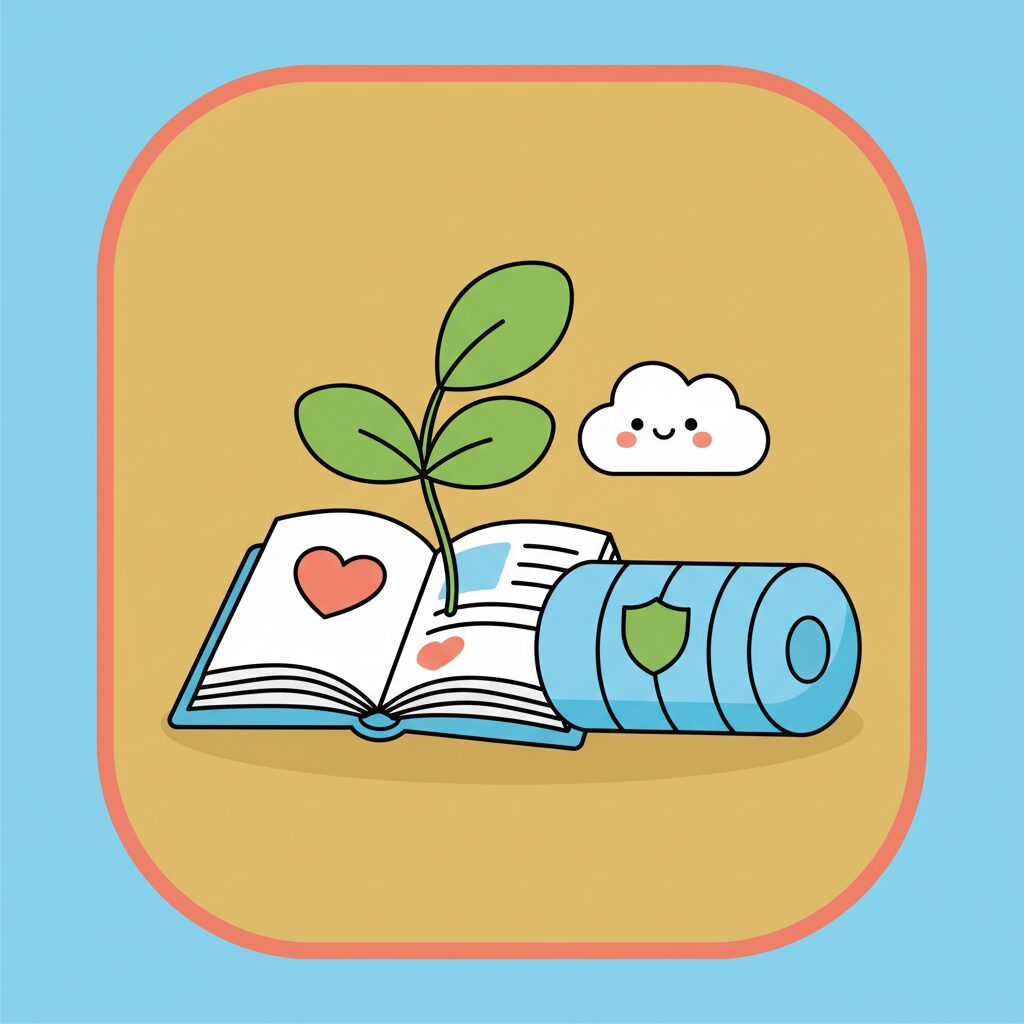
The real magic isn’t in metrics—it’s in the heart. A true coach doesn’t bark ‘run faster’; it murmurs ‘your body’s energy levels say walk today.’ That post-playground stiffness? Your digital sidekick might nudge: ‘Five minutes of foam rolling before bedtime stories will keep tomorrow’s adventures pain-free.’
When my kid giggles mid-stretch because I’m mimicking her dinosaur poses, I realize we’re not just preventing aches—we’re weaving joyful resilience into our routine. Real health isn’t tracked in steps—it’s the calm we bring to breakfast chaos, the energy to chase bubbles mid-afternoon because we listened when our bodies whispered ‘recharge.’
How Will This Approach Shape Your Kids’ Future Health?
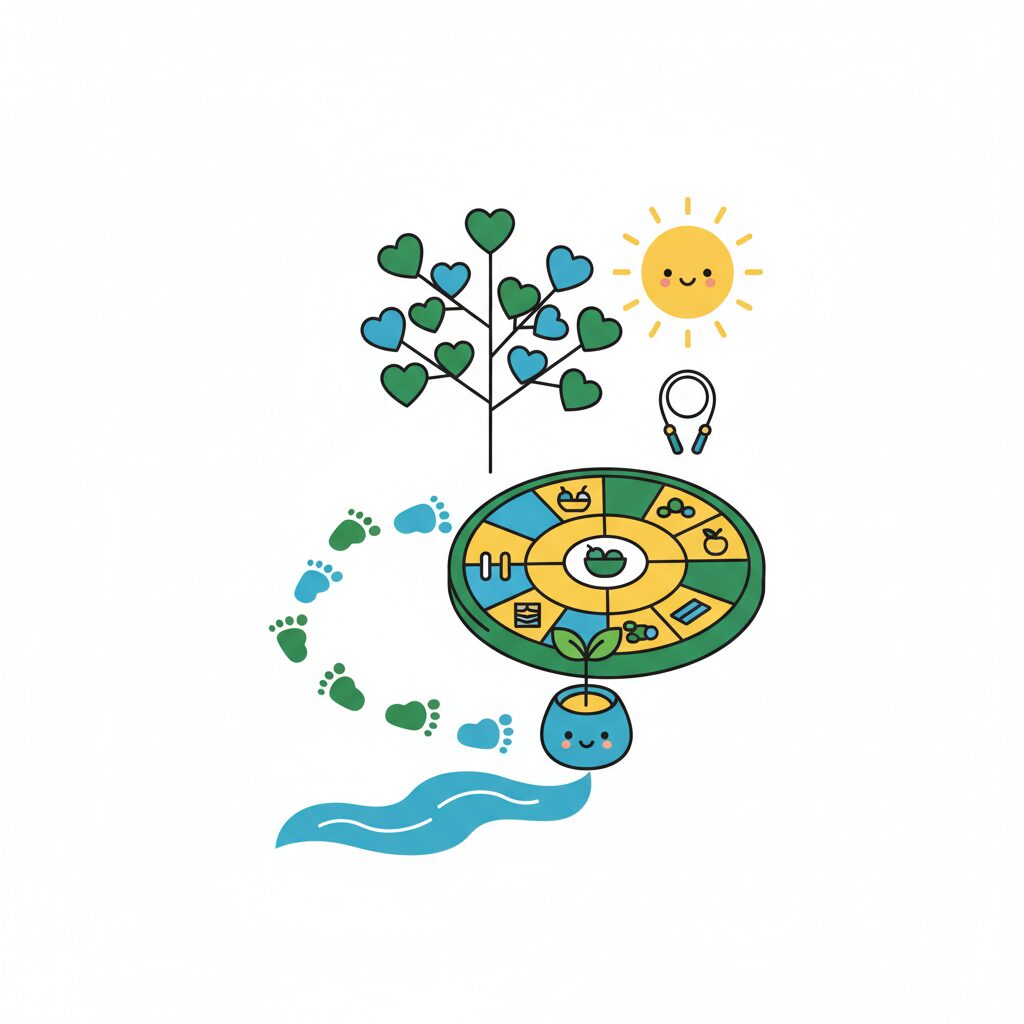
Kids are mirrors of our habits. If they see us relish an evening stroll because it ‘clears our heads for silly jokes at dinner,’ movement becomes celebratory, not punitive. A smart helper that steers us toward sustainable patterns teaches them balance isn’t about grinding—it’s rhythmic self-respect, like knowing when to play tag and when to share quiet reading time.
Picture your teen years from now, choosing a walk with friends over screen stagnation because childhood taught them to recognize what their body needs. When we embrace quiet recovery days as family board-game opportunities rather than failures, we gift our children emotional wisdom wrapped in ordinary, resilient joy.
Ready to Start? Build Your First Smart Health Helper
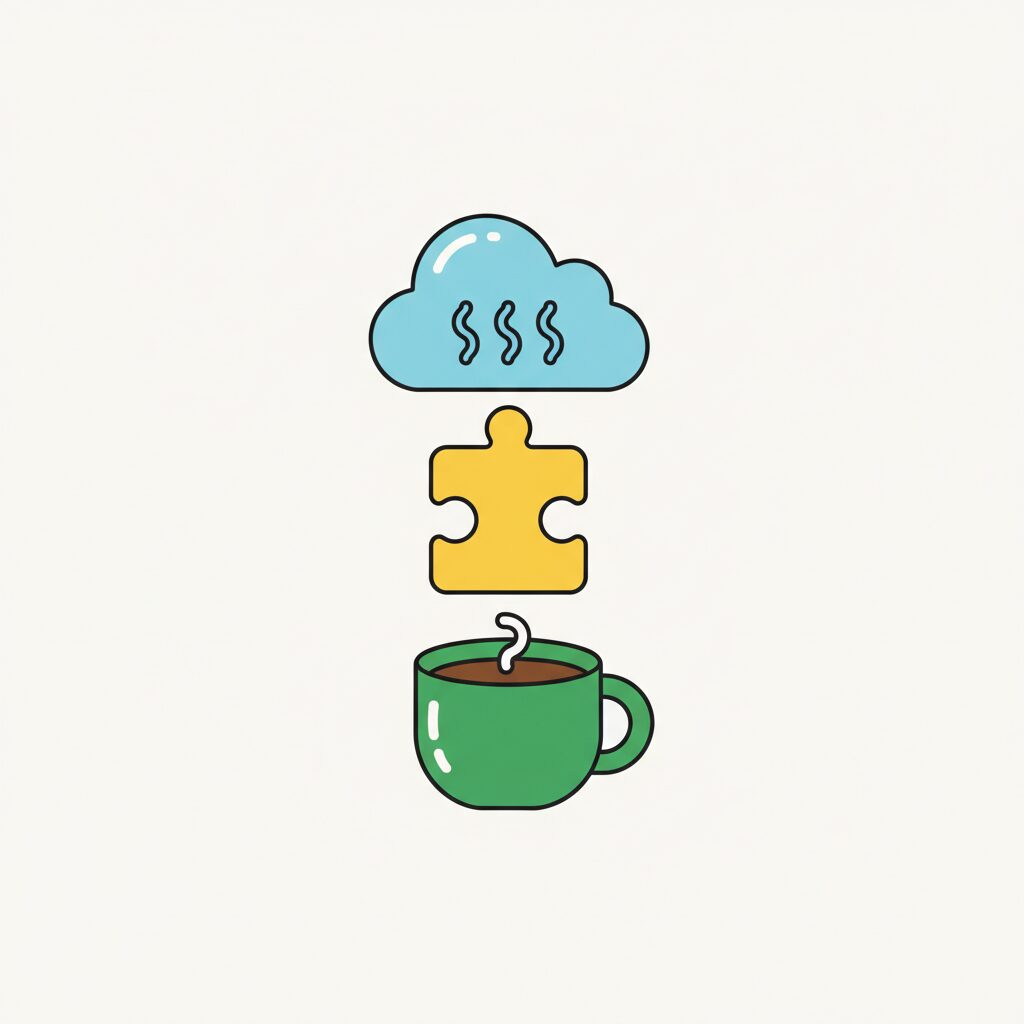
Don’t overcomplicate it. Pick one area where personalized insight would lift your load—like why school pickup leaves you drained. Link your wearable to a free tool like IFTTT to send sleep data to your email. Notice patterns: ‘Hmm, energy dips when bake sale weeks approach.’ Then layer micro-actions: ten wall push-ups before storytime if your watch reports poor sleep.
Your goal? Progress that leaves room for impromptu kitchen dance parties and pancake art Sundays. Health isn’t a destination—it’s how we journey together when we honor both coffee-fueled mornings and restful evenings. Start today, and watch your kid’s next ‘let’s go exploring’ carry that same attentive joy.
Source: Build Your Own Personal AI Health and Fitness Coach (No Code), Geeky Gadgets, August 29, 2025
